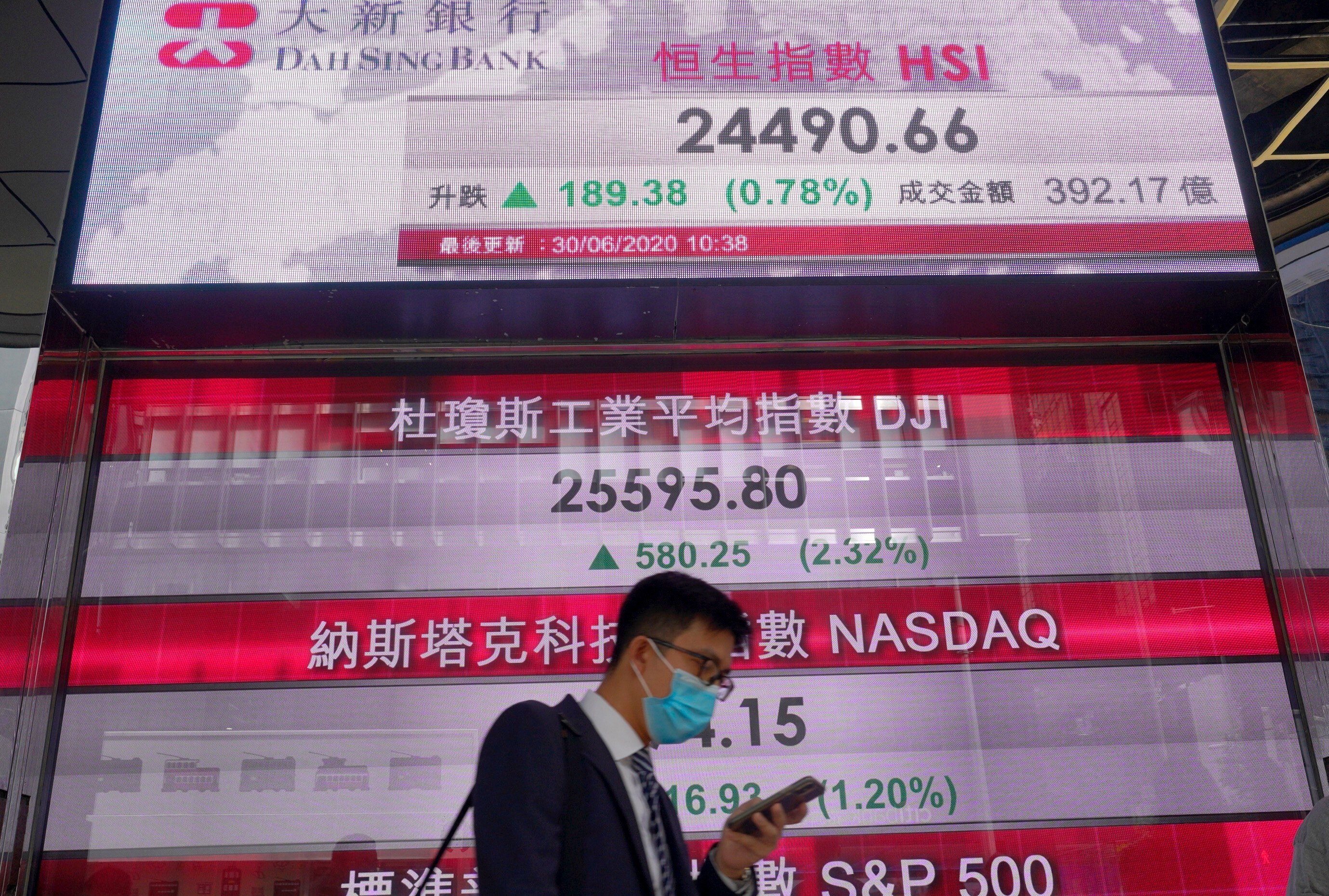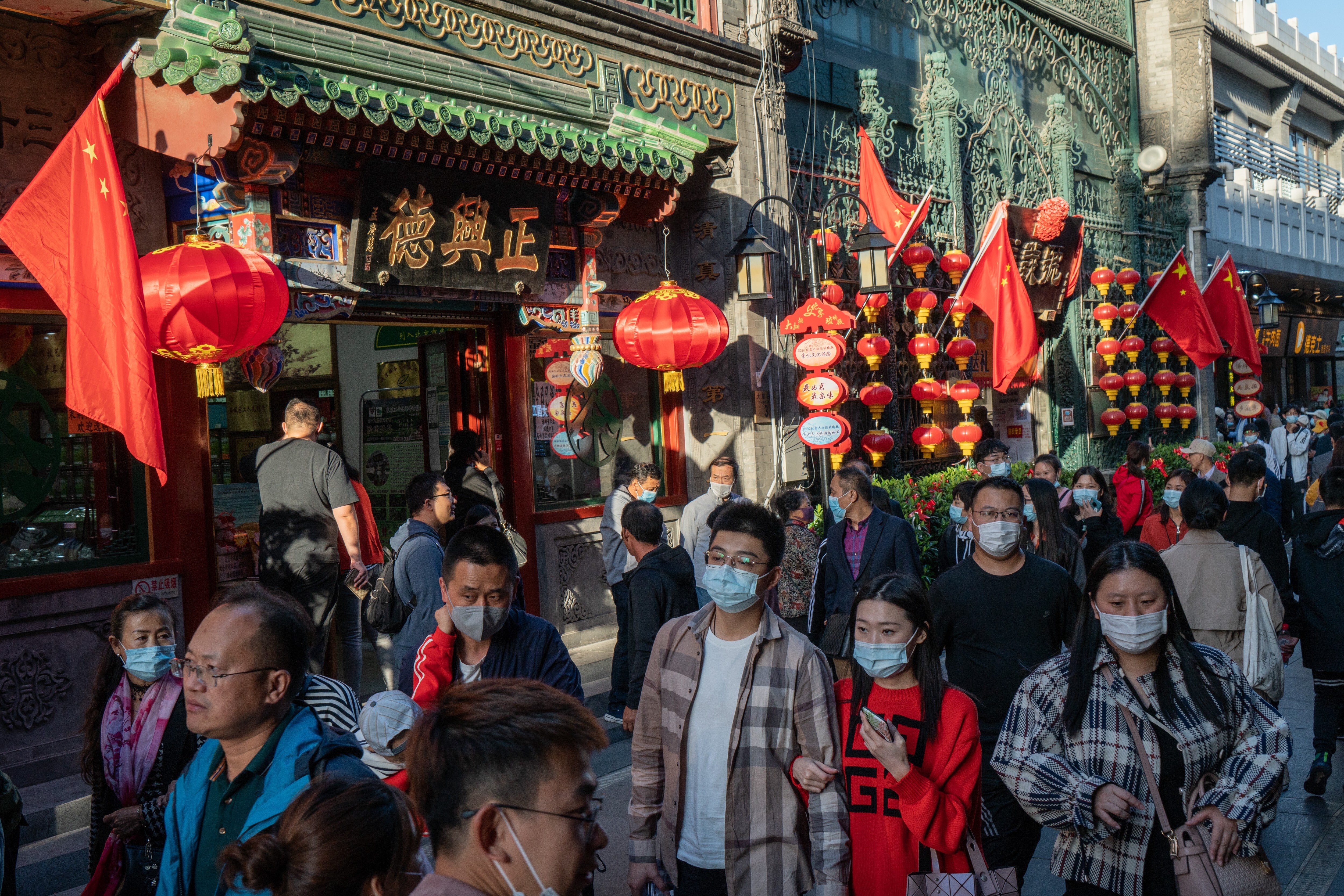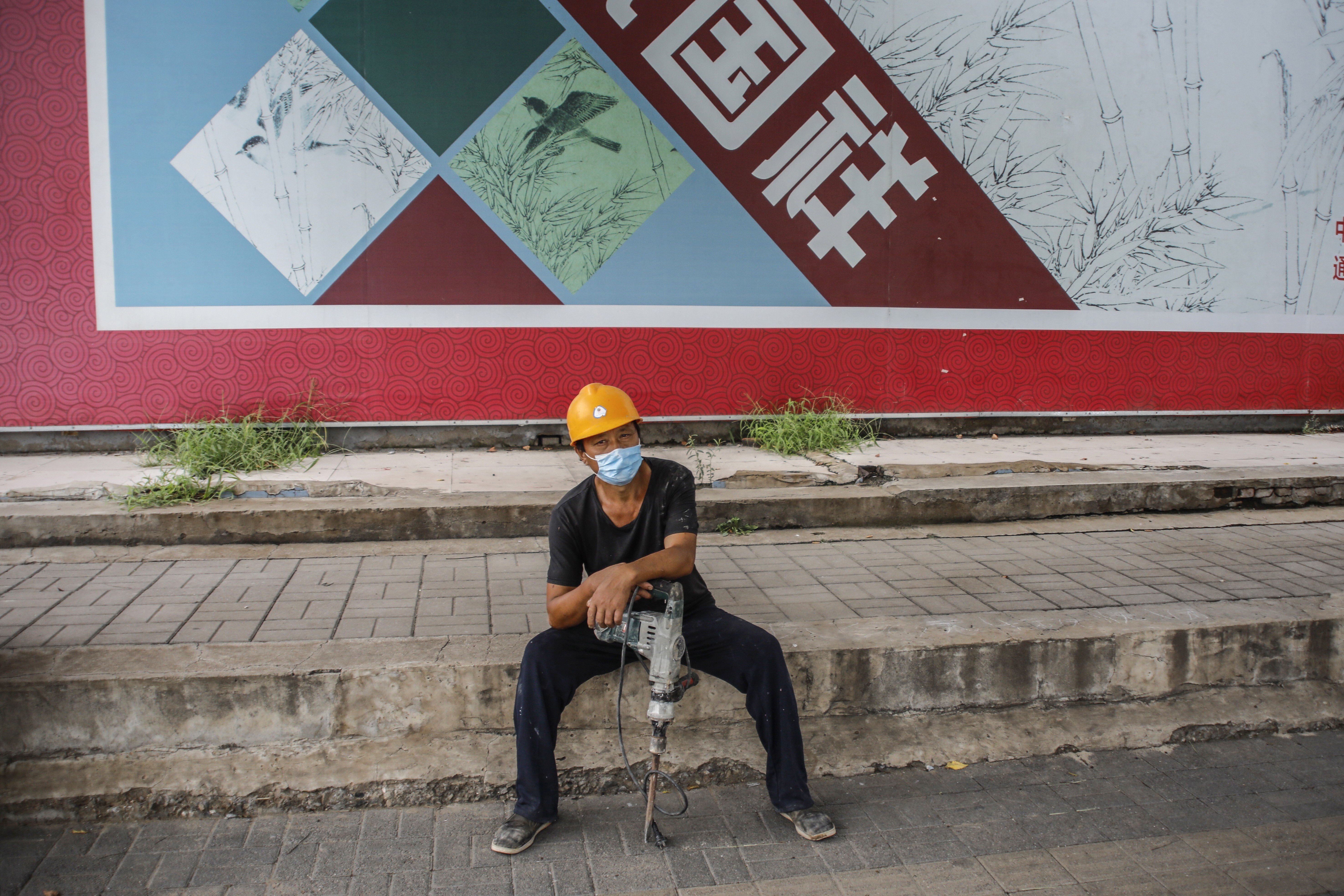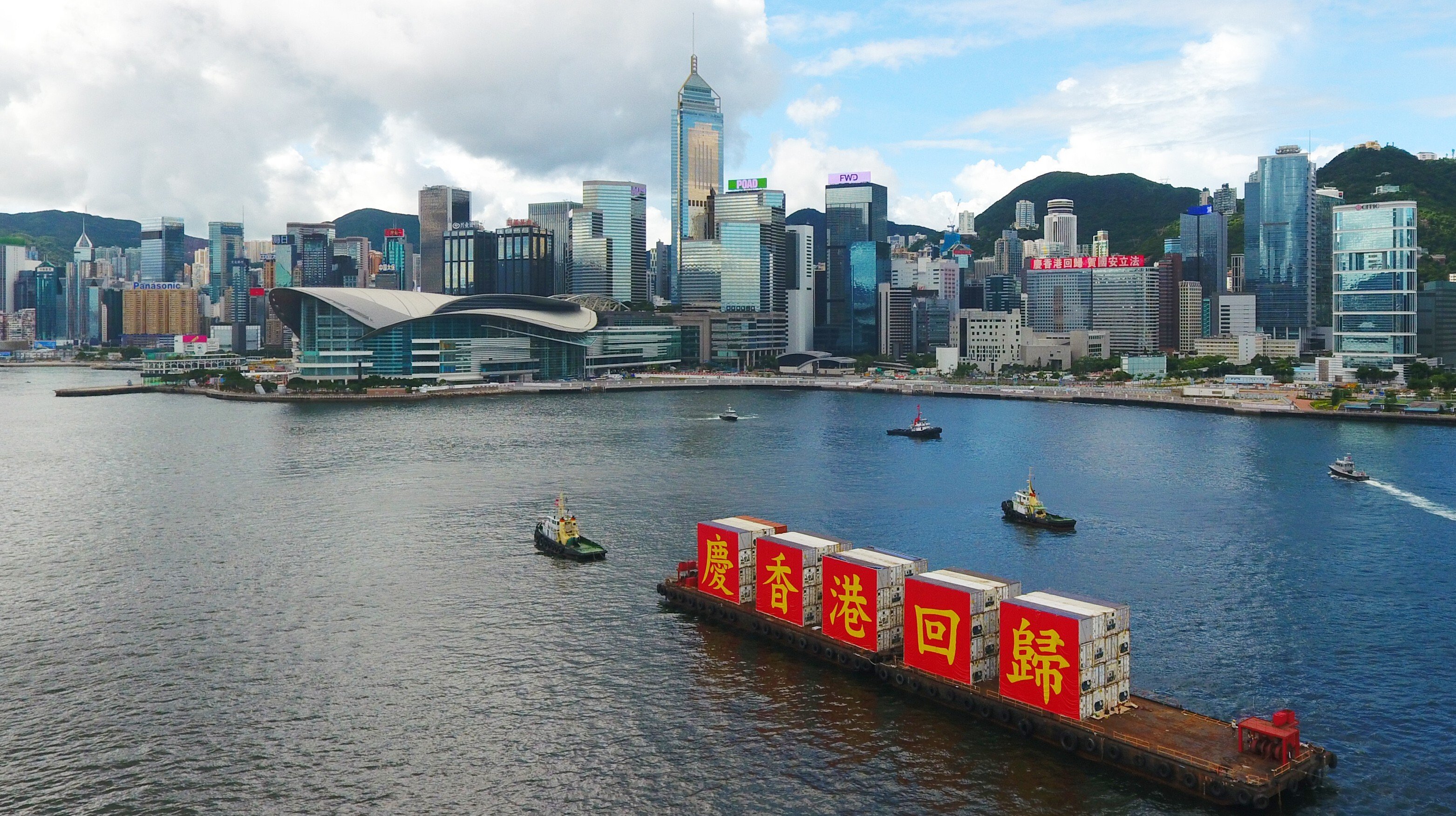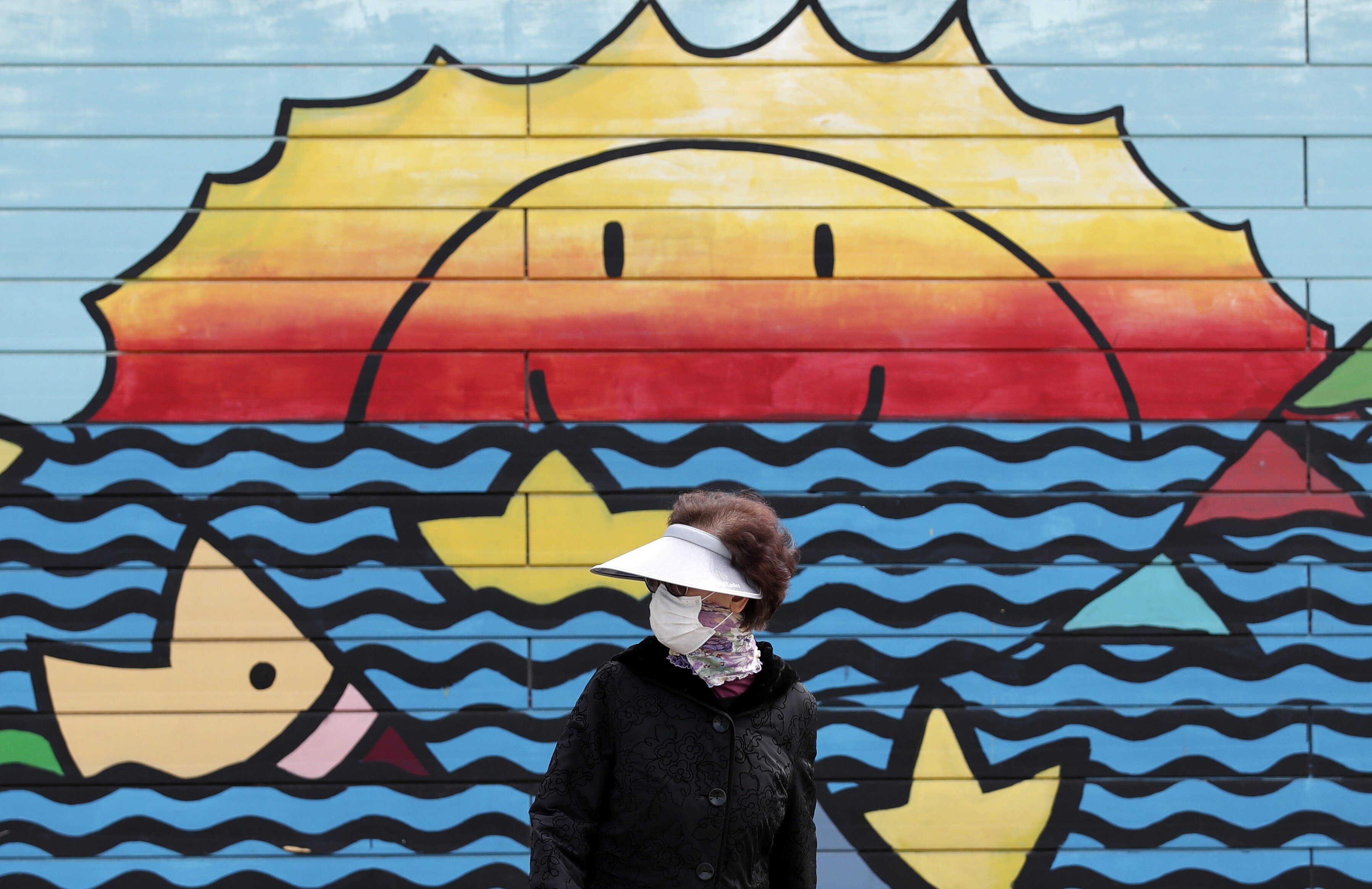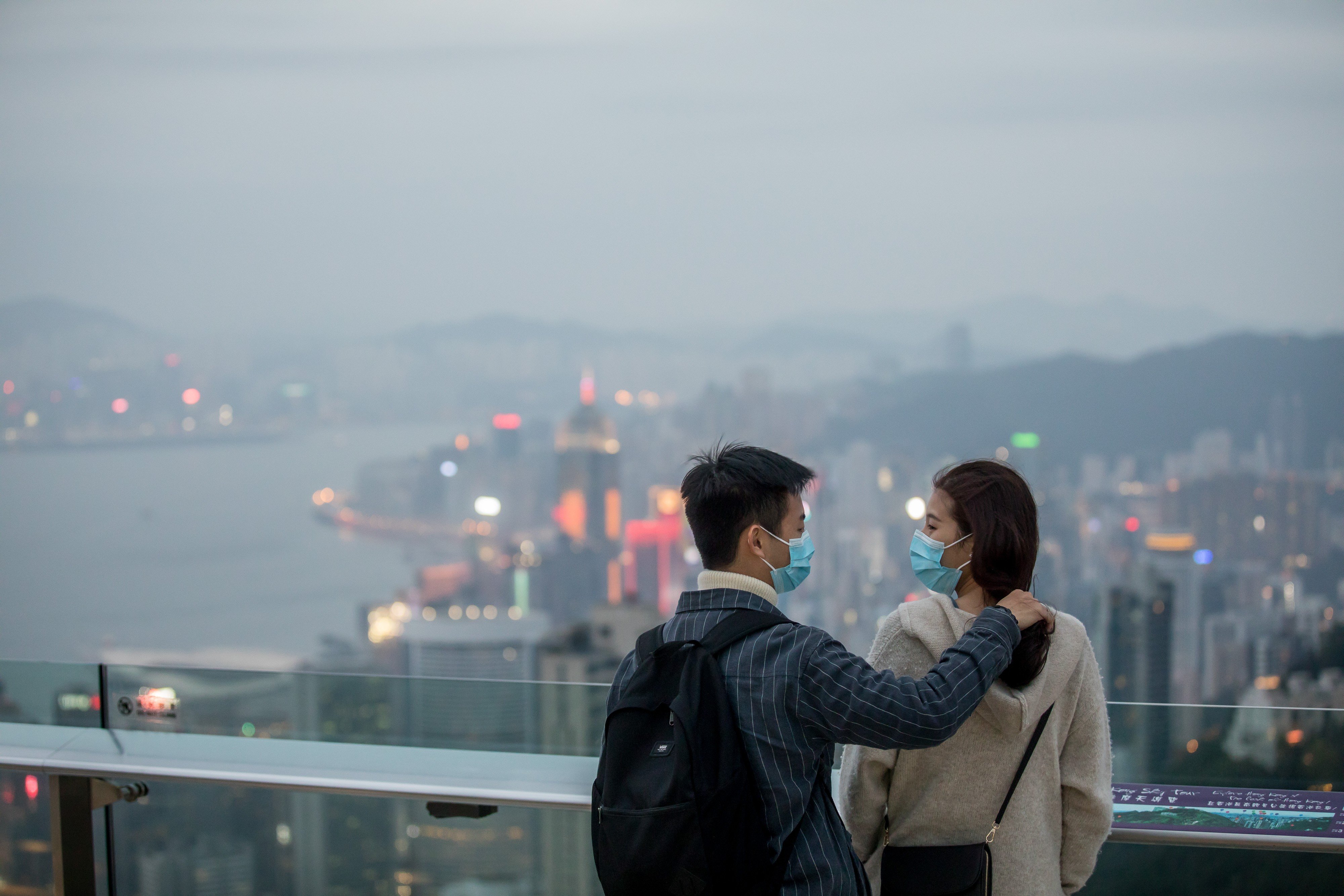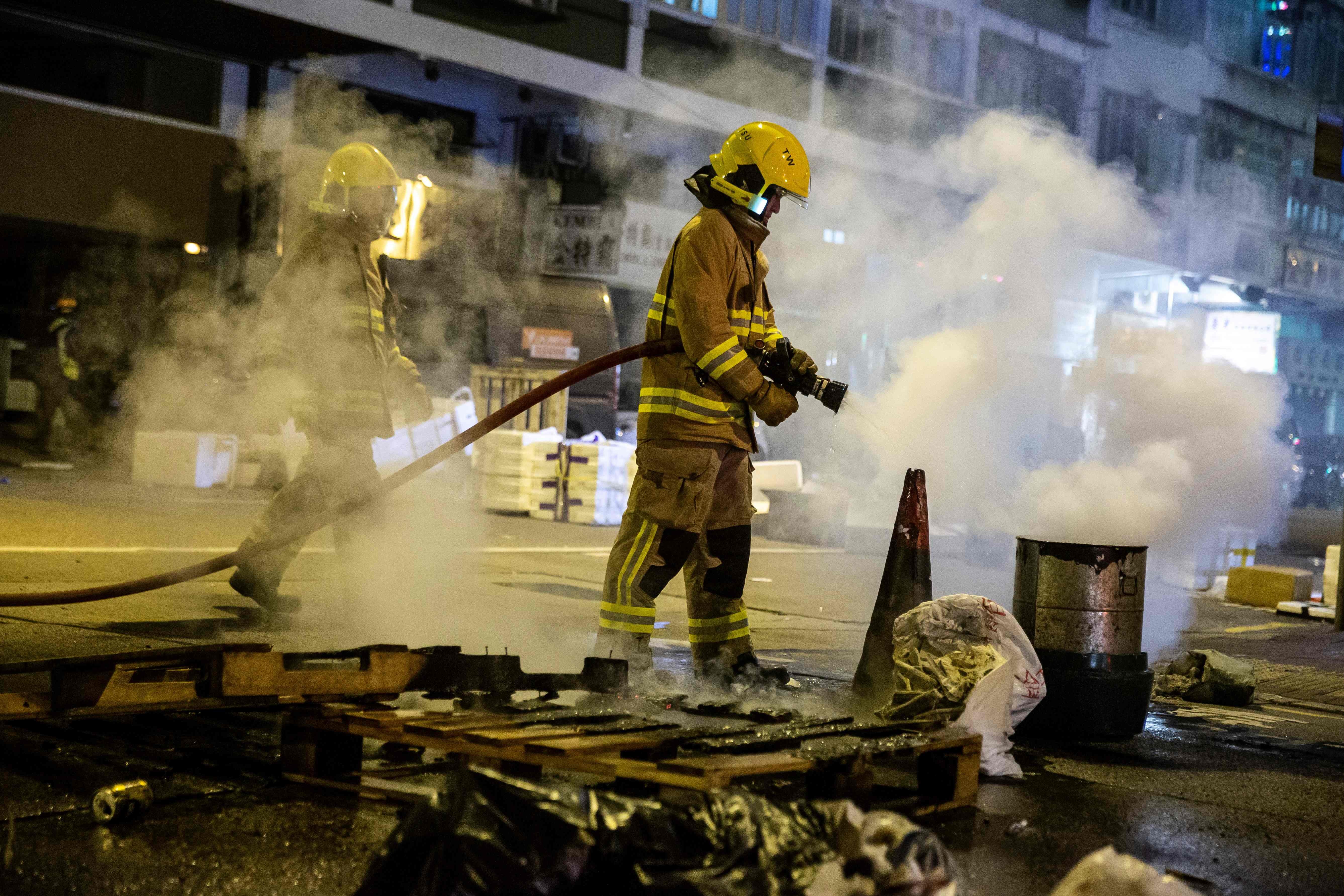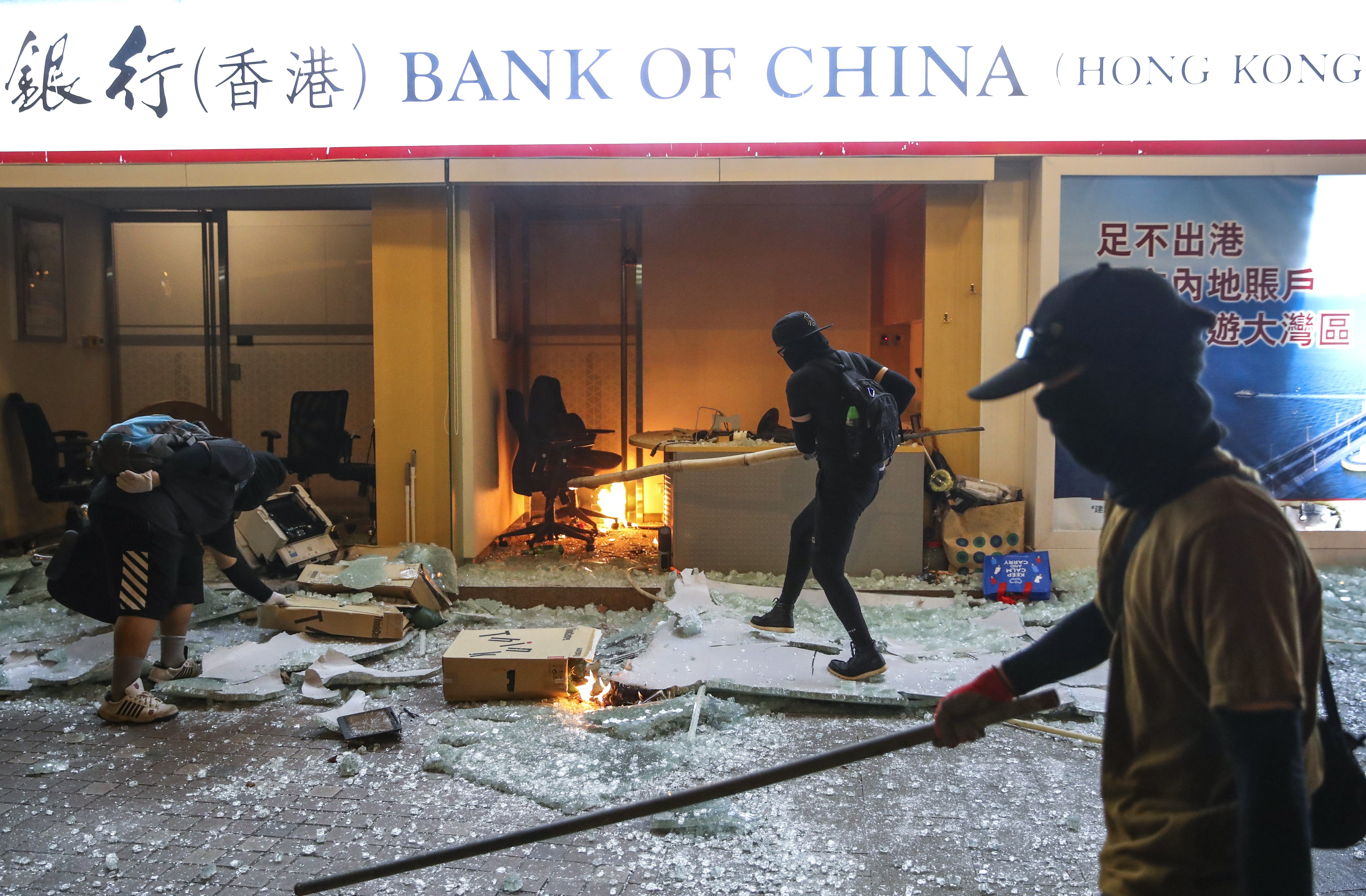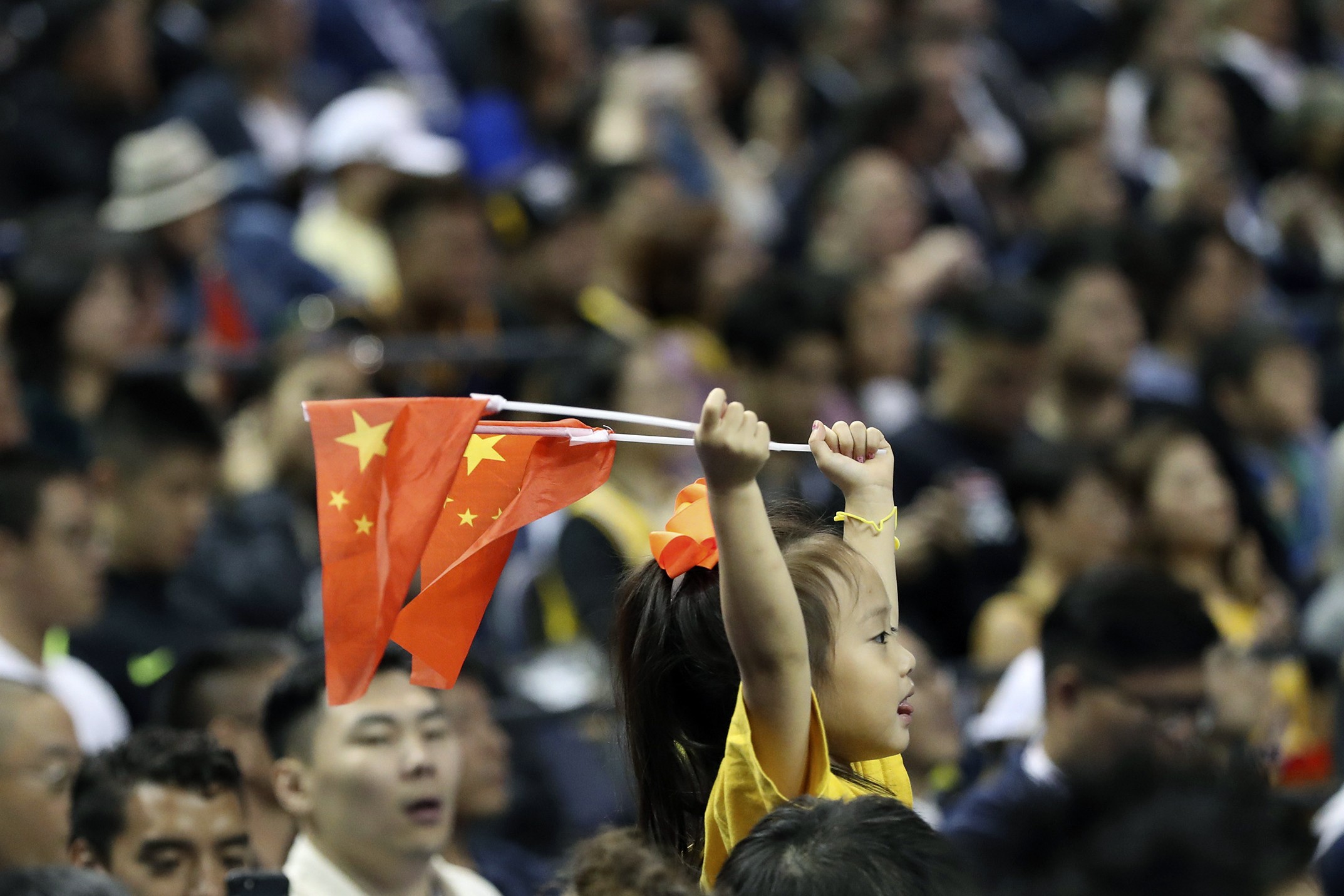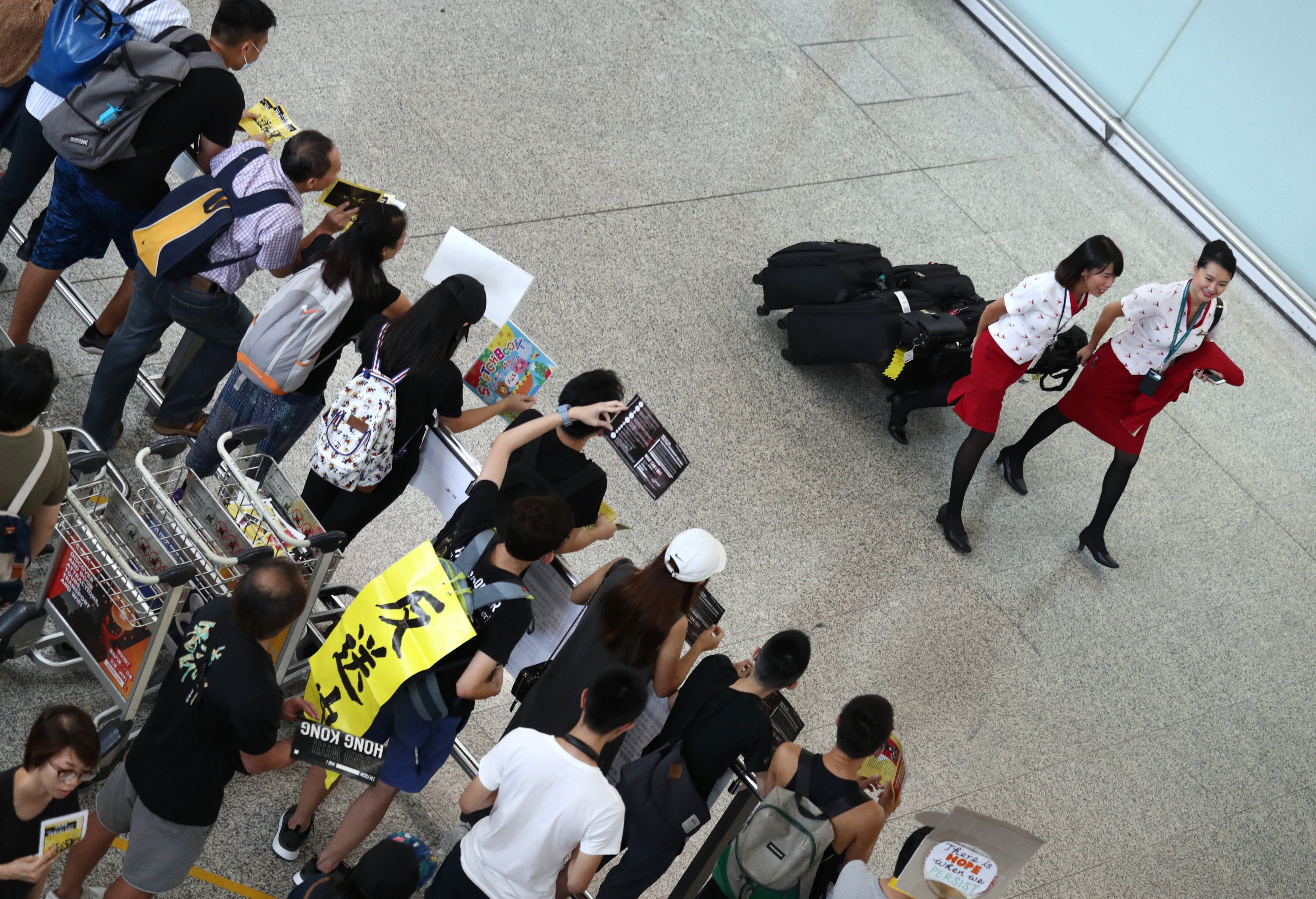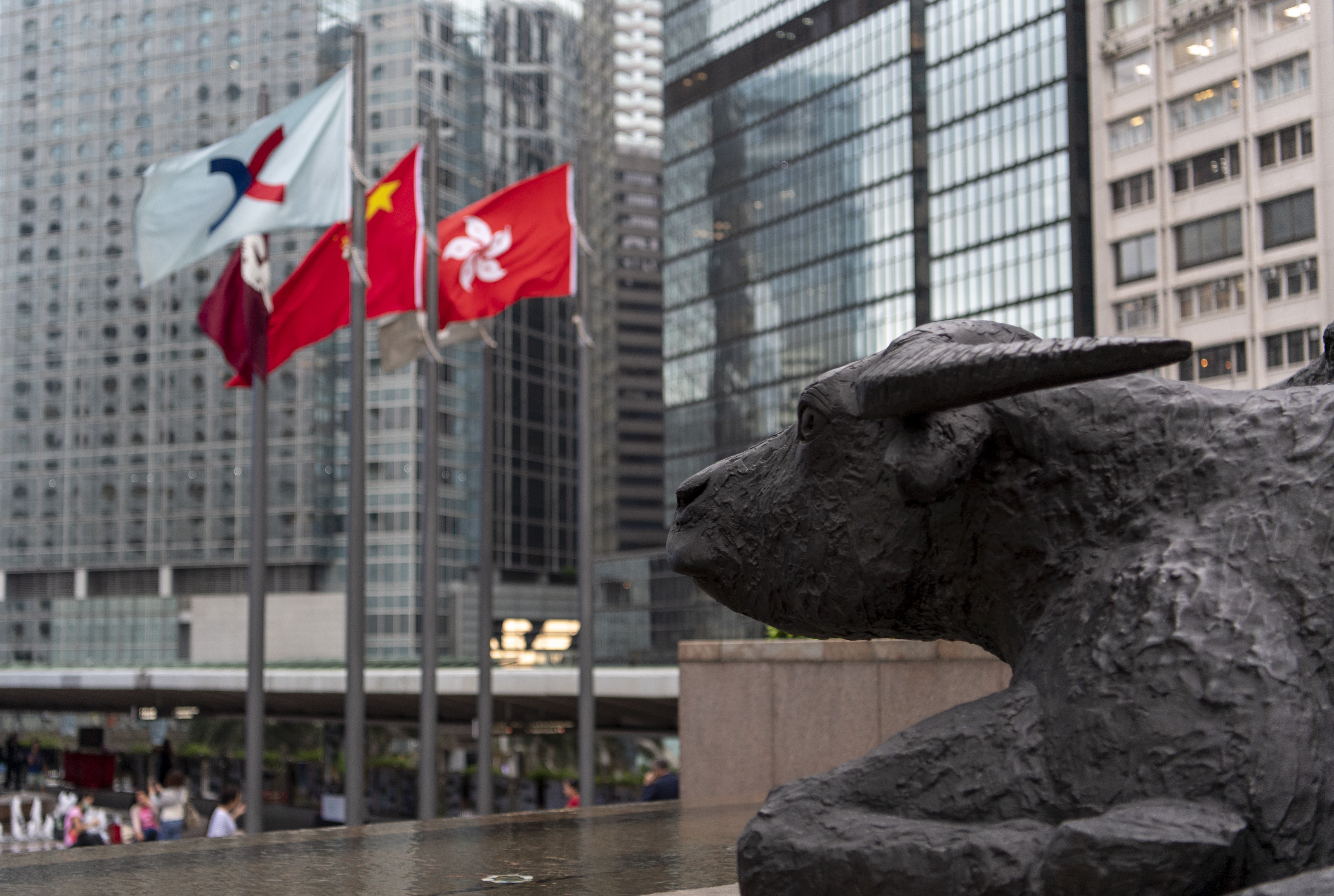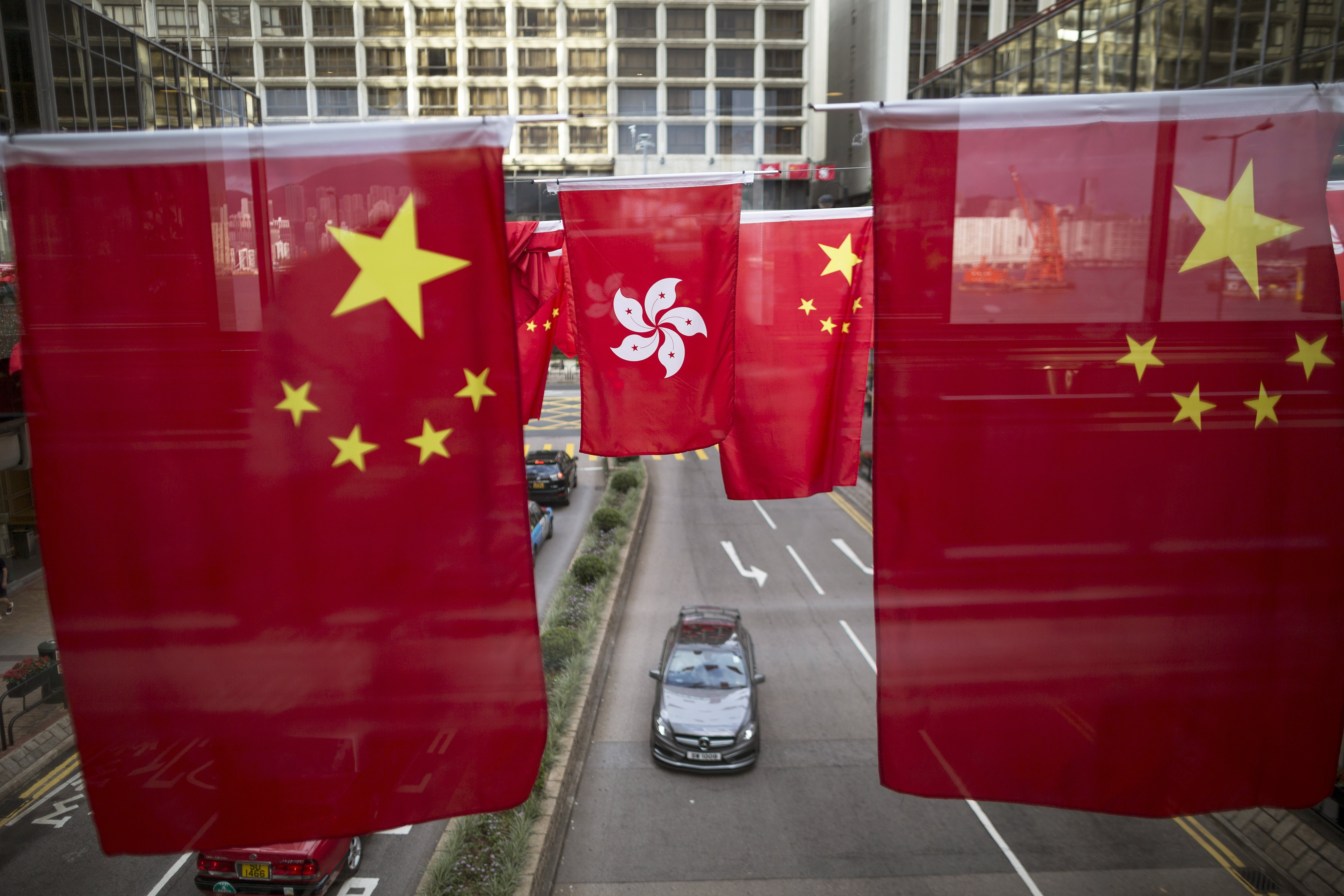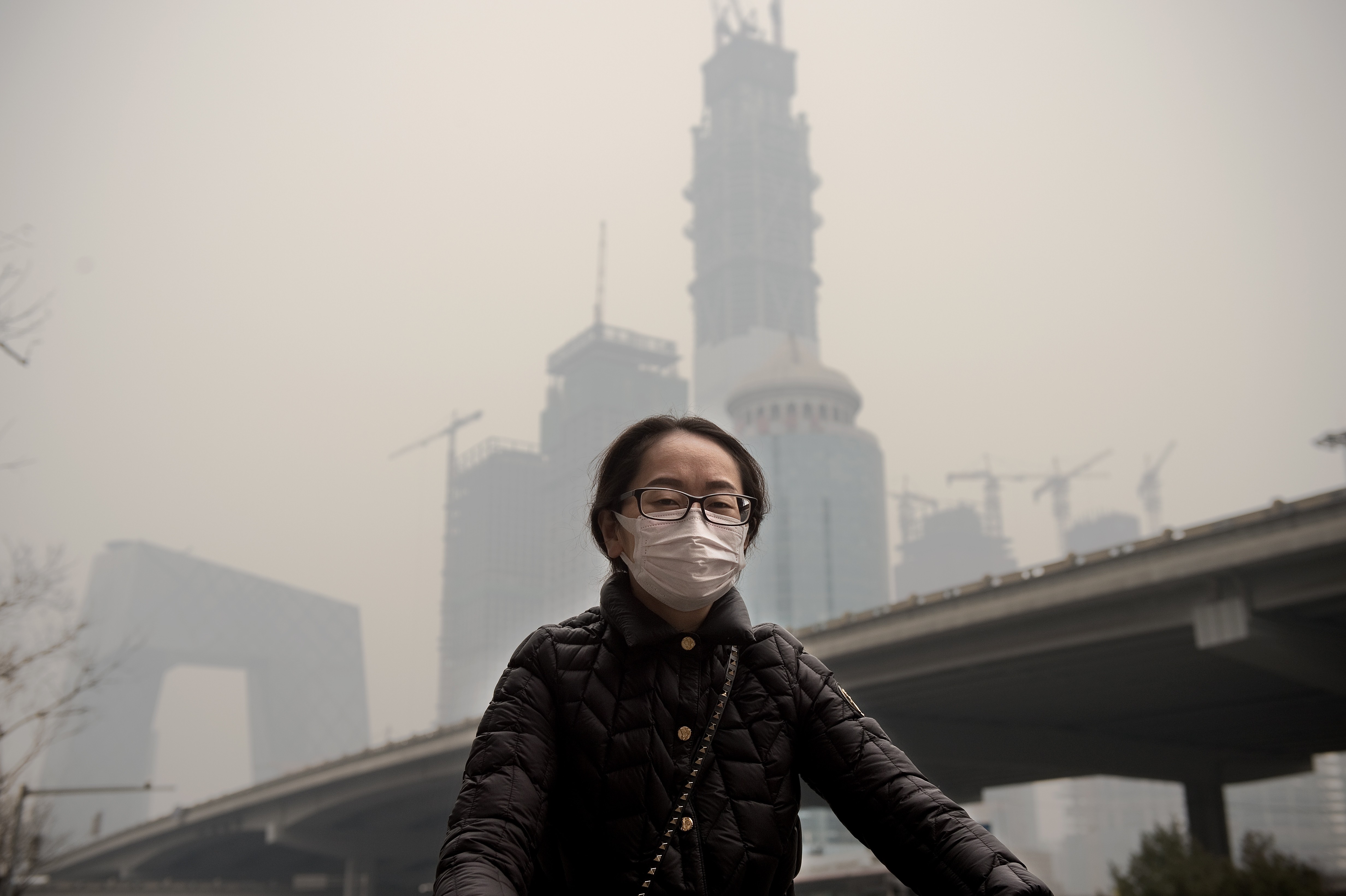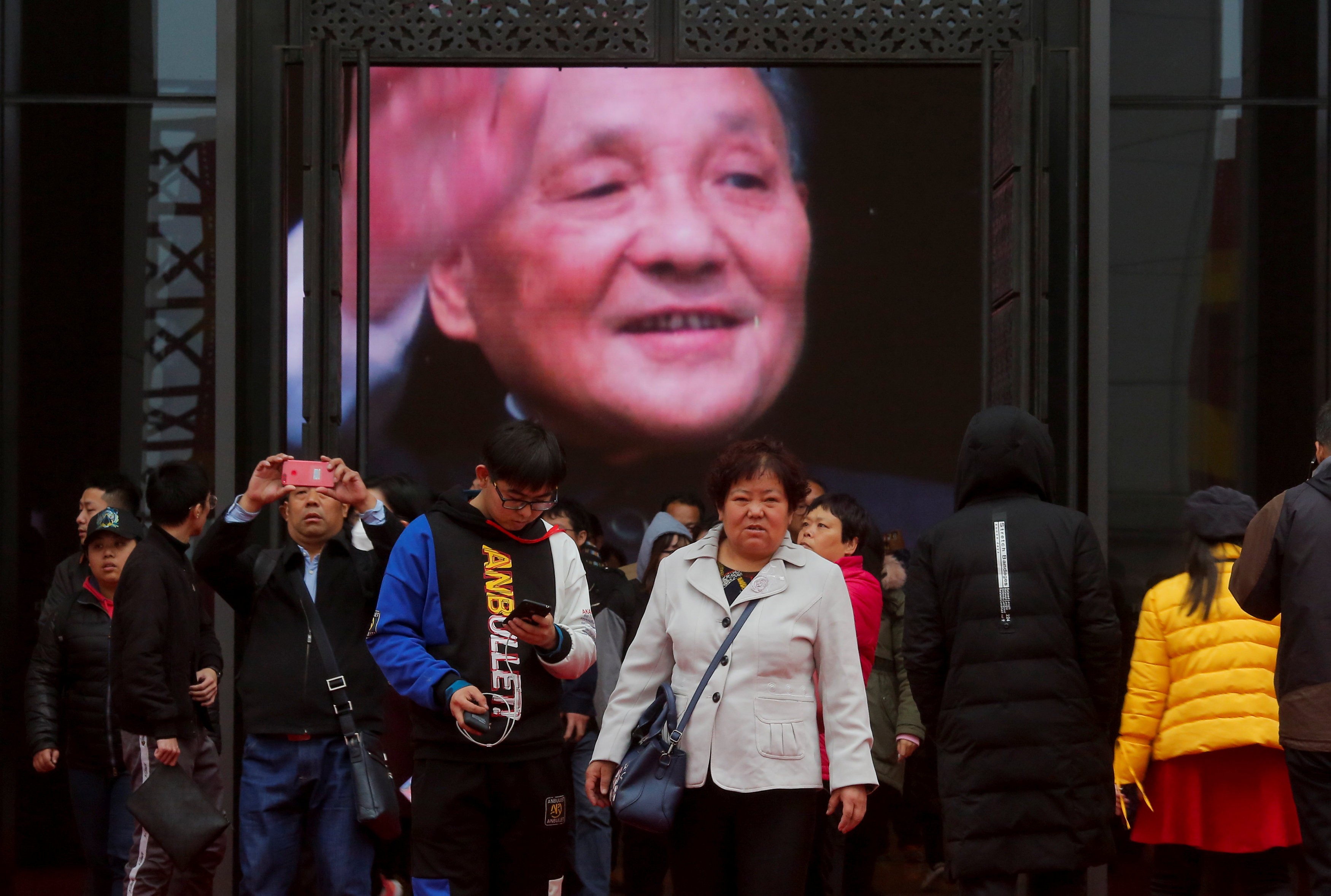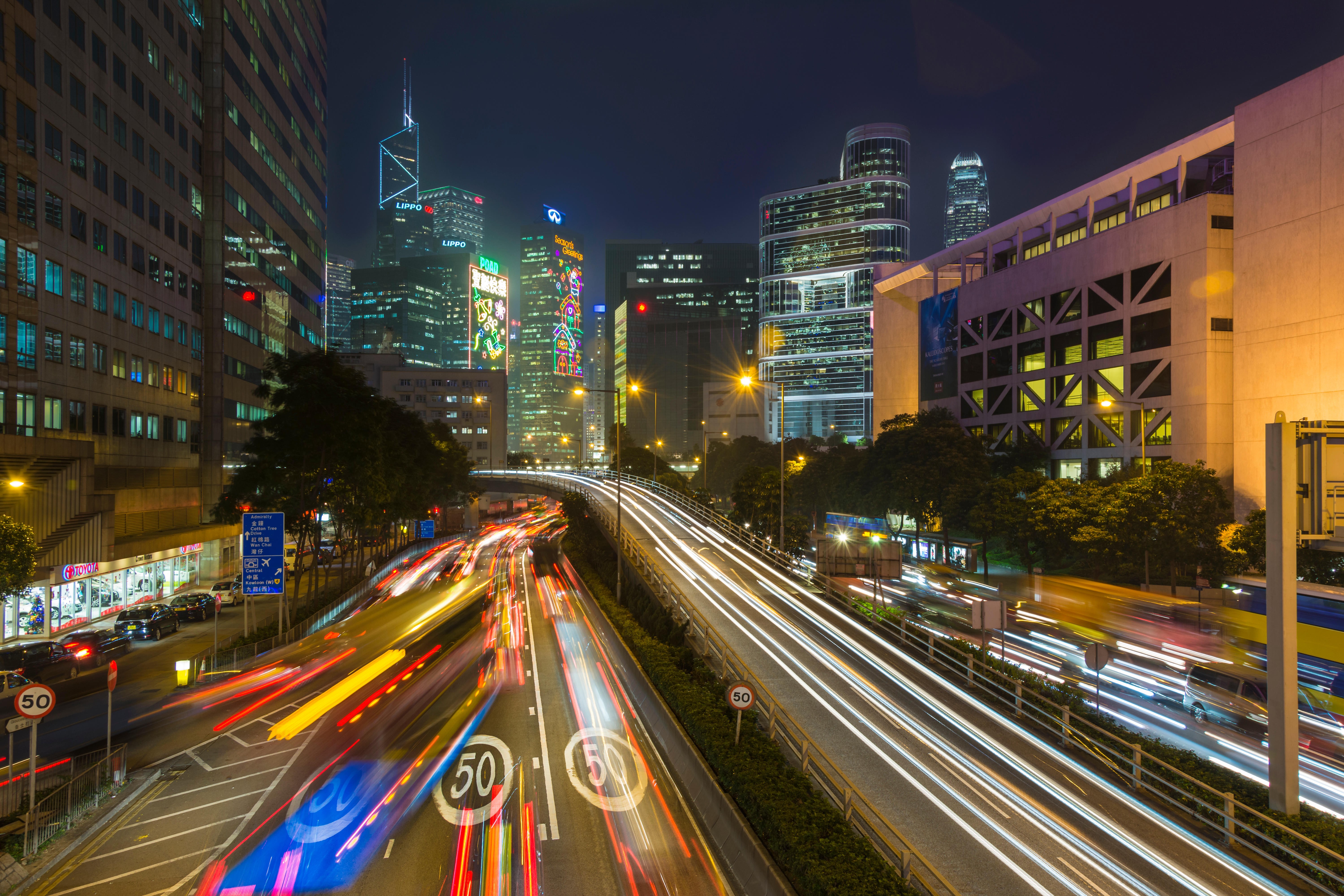Advertisement
Advertisement

Mark Clifford
Mark L. Clifford was executive director of the Asia Business Council from 2007 to 2021. He is the author of "The Greening of Asia: The Business Case for Solving Asia’s Environmental Emergency". Previously, he was editor-in-chief of the South China Morning Post, publisher and editor-in-chief of The Standard, and Asia regional editor for BusinessWeek. He graduated from the University of California, Berkeley, was a Walter Bagehot Fellow at Columbia University and holds a PhD in history from the University of Hong Kong. www.markclifford.org
Mark L. Clifford was executive director of the Asia Business Council from 2007 to 2021. He is the author of "The Greening of Asia: The Business Case for Solving Asia’s Environmental Emergency". Previously, he was editor-in-chief of the South China Morning Post, publisher and editor-in-chief of The Standard, and Asia regional editor for BusinessWeek. He graduated from the University of California, Berkeley, was a Walter Bagehot Fellow at Columbia University and holds a PhD in history from the University of Hong Kong. www.markclifford.org
The disqualification of four Hong Kong legislators and the suspension of Ant’s IPO point to a discomforting conclusion: the city’s role as a business hub with an independent legal system is now vulnerable to diktats from Beijing.
China led the world into the pandemic and its economy is leading the way out. This should be a time for Beijing to effortlessly extend its soft power. So why hasn’t China’s push to win friends and influence people paid dividends?
Many executives seem to be writing off 2021, suggesting little faith in prospects for a V-shaped recovery. Workers and firms not in the digital space face an even harder road, complicated by Covid-19, Sino-US tensions and the growing impact of climate change.
If Hong Kong is to be more than China’s offshore financial market, it must retain its free press, independent judiciary and honest civil service.
Advertisement
